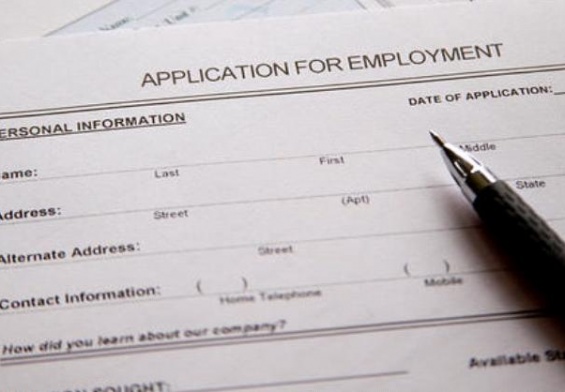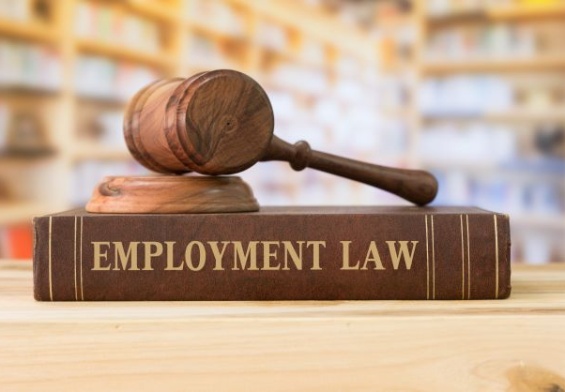Every business needs human resources (HR), but it can be expensive and time consuming. As a company grows, its leaders might consider outsourcing HR functions to save time, reduce expenses, and improve compliance. These leaders need to understand the cost of outsourcing HR before making a decision. This guide will break down what affects the cost, what you can expect to pay, and how it compares to in-house HR management.
What Is HR Outsourcing?
HR outsourcing involves hiring a third-party provider to handle some or all of your human resources functions. This can include tasks like payroll processing, employee benefits administration, compliance with labor laws, recruiting, and training. Businesses can outsource to specialized HR firms, professional employer organizations (PEOs), or administrative service organizations (ASOs), depending on their needs.
In many cases, outsourcing HR is more than a cost-saving measure. It’s a way to access specific skillsets without adding to your in-house team.
What Affects the Cost of Outsourcing HR?
The cost of HR outsourcing can vary based on several factors:
- Scope of Services
The more comprehensive the services, the higher the cost. Outsourcing basic tasks like payroll will cost less than full-service HR management, which includes compliance, employee relations (such as handling employee conflict), and benefits administration. - Company Size
Providers often charge per employee or offer tiered pricing based on the size of their workforce. Larger companies may receive lower per-employee rates from economies of scale. - Service Model
Whether you choose a bundled package or à la carte services affects pricing. PEOs typically offer comprehensive services at a flat rate, while specialized providers may charge each function differently. - Customization
Tailored services to meet specific business needs can increase costs compared to standard packages. Custom reporting, specialized compliance support, and unique employee benefits are examples that may come with additional fees. - Location
Regional labor laws and market rates can influence costs, especially if the provider offers on-site support. Businesses in areas with complex regulations may face higher outsourcing costs because they require additional, specialized expertise.
How Much Does HR Outsourcing Cost?
The cost of outsourced HR services typically falls into two pricing models: per-employee fees and percentage-based fees.
- Per-Employee Pricing
This model charges a flat fee per employee per month. Rates usually range from $50 to $150 per employee, depending on services provided. For example:- Basic payroll might cost around $50 per employee per month.
- Comprehensive HR management could reach $150 per employee per month.
- Percentage of Payroll
Some providers charge a percentage of your total payroll, often between 2% and 6%. This model aligns costs with your payroll expenses, making it scalable as your business grows. - Project-Based Fees
If you need HR services for a specific project, such as creating an employee handbook or conducting a compliance audit, you might pay a one-time fee ranging from $1,000 to $5,000, depending on the complexity.
Let’s say a company with 30 employees opts for full HR outsourcing at $100 per employee per month. The annual cost would be $36,000. If that company adds compliance audits twice a year at $2,000 each, the total cost rises to $40,000 annually. This breakdown helps businesses estimate how their service needs impact the potential expenses.
Additional Costs to Consider
While base fees are straightforward, there may be additional costs, including:
- Setup Fees
Some providers charge an initial setup fee, especially for complex HR systems or onboarding large teams. These can range from $500 to several thousand dollars, depending on the provider. - Custom Reports or Analytics
Advanced reporting may incur extra charges, often between $200 and $1,000 per report, depending on the level of detail required. - Legal Compliance Support
While basic compliance is often included, specialized legal support may cost more, especially for audits or consultations with a corporate attorney.
Comparing the Cost of Outsourcing HR to In-House HR
When comparing the cost of outsourcing HR to maintaining an in-house HR team, consider both direct and indirect expenses.
- Salaries and Benefits
Hiring an HR manager or specialist includes salary, benefits, payroll taxes, and training. According to industry averages, the salary for one HR manager can exceed $100,000 per year. - Software and Tools
In-house teams often require HR software for payroll, compliance, and performance management, which can add thousands of dollars yearly. - Risk Management
Outsourcing providers often include risk management and compliance services. This can reduce the likelihood of legal issues, potentially saving businesses significant amounts in legal fees, fines, or penalties.
For example, consider a hypothetical company with 20 employees hiring an HR manager at $90,000 annually, plus $10,000 for HR software. Meanwhile, outsourcing HR costs $2,500 per month, totaling $30,000 annually. In this case, outsourcing HR would save the company around $70,000 each year, while still covering the necessary HR functions.
When Is The Cost of Outsourcing HR Worth It?
Outsourcing HR can be cost-effective in several situations:
- Small Businesses
Companies with fewer than 50 employees often find it more affordable to outsource than to maintain an in-house HR team. This approach eliminates the need for a full-time salary while still covering all necessary HR functions. - Rapid Growth
Fast-growing businesses may struggle to keep up with HR demands. Outsourcing provides scalability without the need to hire additional staff, making it easier to manage new employees and compliance requirements. - Complex Compliance Needs
Businesses operating in heavily regulated industries benefit from expert compliance support. This reduces the risk of expensive legal issues and keeps them on top of changing regulations. - Focus on Core Business
Outsourcing HR functions allows business leaders to focus on growth, strategy, and revenue-generating activities instead of getting bogged down by administrative tasks.
Choosing the Right HR Outsourcing Provider
To get the best value, consider the following when selecting an HR outsourcing partner:
- Transparency
Look for providers that offer clear pricing without hidden fees. A transparent fee structure helps you budget accurately. - Experience
Choose firms with expertise in your industry and a track record of compliance success. Industry-specific knowledge makes a huge difference in service quality. - Flexibility
Make sure the provider can scale services as your business grows. Flexibility is what lets you adapt to changing business needs without needing to renegotiate contracts. - Technology
Evaluate the provider’s software for ease of use, security, and integration with your existing systems. A user-friendly platform improves efficiency for both HR teams and employees.
Is Outsourcing Right for Your Business?
The cost of outsourcing HR depends on your business size, needs, and the services you require. While it may involve upfront expenses, outsourcing can lead to significant long-term savings through efficiency, compliance, and reduced legal risks.
Is HR Outsourcing Right for You, Specifically?
- Do you have fewer than 50 employees?
- Are you struggling with compliance issues?
- Is your HR staff overwhelmed?
- Do you need cost-effective HR support as you grow?
If you answered “yes” to any of these, outsourcing might be a smart move for your business. Ready to evaluate if HR outsourcing fits your company? Start by listing your current HR costs and comparing them with outsourcing options. You might be surprised by the potential savings and efficiency gains.




